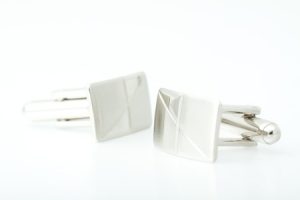
If I was however say, 13 months old, this would be a fairly alien concept. They’re just pieces of metal, I’d be unaware of the important job they do or of any sentimental value.. Similarly I’d have no concept of where they live, on top of the drawer, in the laundry basket, down the back of the toilet… in my world these would be equally valid places to store said cuff links.
So, in our household, certain members of the family are learning rules about where things live: Daddy’s cuff links in their own box, good. In the laundry basket, not good. Behind the toilet seat, really not good. And so the process of learning rules continues, what’s ok and not ok in order to fit in with the culture/tribe/accepted norm so that people don’t have to turn the house upside down looking for said cuff links (you get the picture!)
Our rules are important. They are selection criteria, often learned when we are young, about what needs to happen in order to fit in, be happy, successful, healthy, connected etc..
Sometimes, however, we find that we have lots of criteria that have to be met in order for us to be happy. For example perhaps we must be spoken to in a certain way, have a certain amount of free time, a particular salary or body weight measurement. It’s interesting, however, that people often have fewer criteria when it comes to feeling lousy; how many times have you heard someone say “because it’s Monday” to explain away a grumpy face?
Here’s a thought, what if our rules weren’tfixed in stone? What if we recognised that these rules are learned from our culture, family, peer group and experiences of life andthat they don’t have to limit us.. just imagine what life could offer..
Obviously, we’d still put cuff links in their box though, right?
Dave